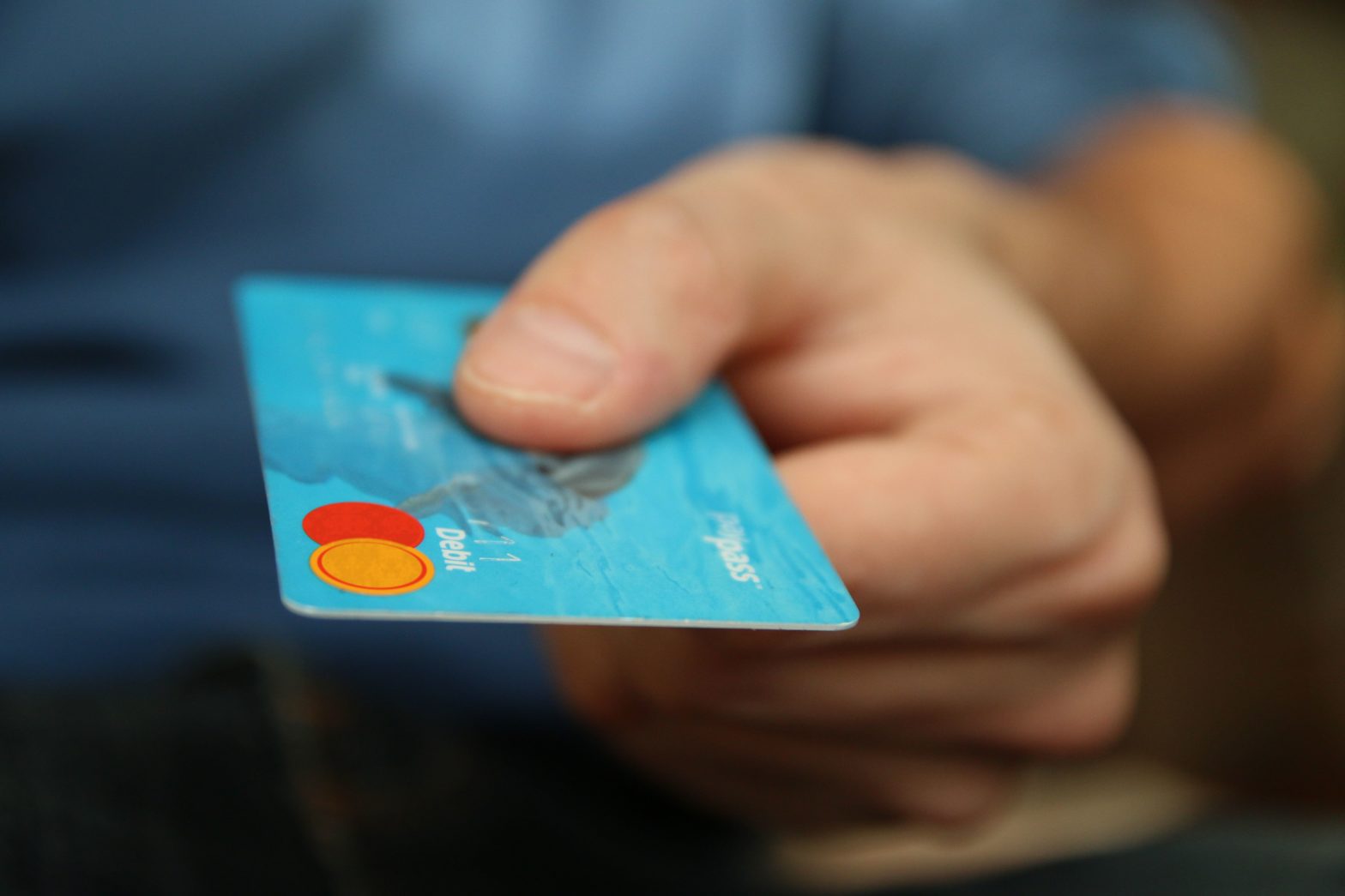
On the 13 January, the Government ban on surcharges for payments on credit and debit cards came into effect. The new rules mean that individuals cannot be penalised for paying by card, whether purchasing goods in-store or online.
The 2013 rules stated that companies were not allowed to make a profit from surcharges and were only allowed charge the amount that it cost them to process the payment. However, the new rules state that all charges are now banned. It is worth noting that as this is an EU directive, companies across the EU will also be banned from charging extra fees for card payments.
Whilst the scrapping of surcharge fees will mean that consumers can much more easily compare prices, there is a chance that companies will raise their prices in order to compensate for the loss or stop accepting card payments altogether.
How Much Could You Save?
Typically, those who pay on a card would have been charged fees of around 2%. However, some companies may have charged a flat fee, regardless of how much they were spending.
It is expected that shoppers will make the biggest savings on expensive goods, such as hiring a venue or buying a car. As the new rules are being put into UK law, it will mean that even after Brexit, the law will continue.
What Happens to Those That Infringe the Rules?
The Competition and Markets Authority and Trading Standards will have enforcement powers should any trader be found to be infringing on the new rules.
At Broadbents Solicitors, we can assist you on a wide variety of matters, and if you would like more information regarding this new legislation, we welcome you to get in touch. Please send your enquiry through to our online contact form and we’ll be in touch shortly.






